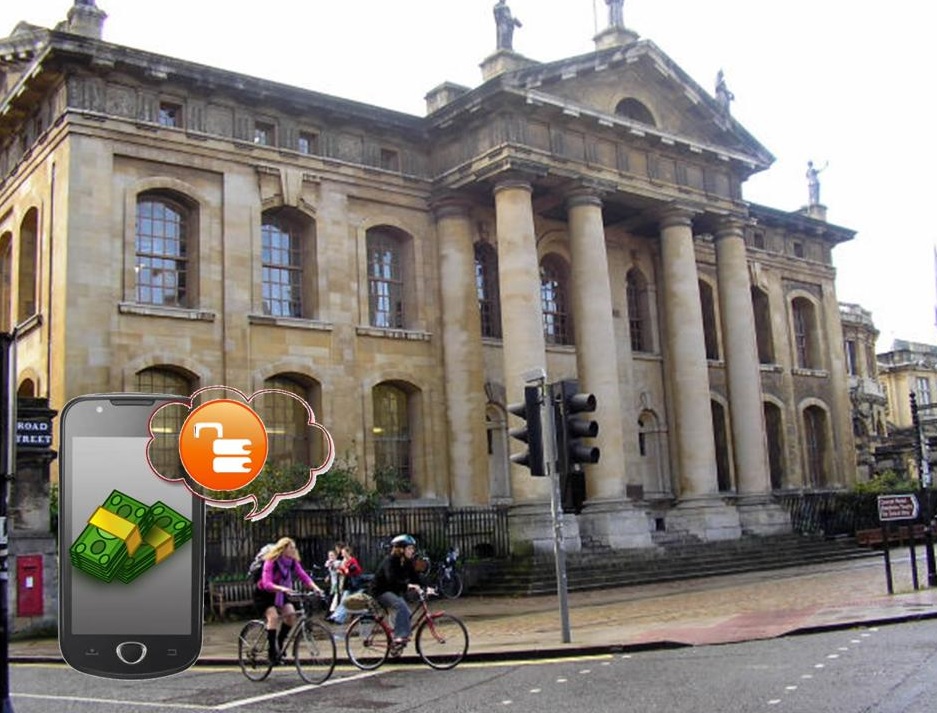This new tech could provide regular consumers with the same level of security as used by the military.
Professor Bill Roscoe and his team at the University of Oxford have been pursuing what has been called “spontaneous security” for about a decade and have now been able to create it in the form of a very powerful, defense-grade security in mobile payments technology.
This would make it possible for people to use their smartphones as wallets without being worried about theft.
The team has come up with a mobile payments technology that would make it possible to easily and inexpensively create secure ad hoc communication networks so that two or more devices could safely communicate in a way that they have never been able to at any other time. Professor Roscoe explained that “What we have been working on all this time is contextual authentication: ways of identifying someone by the context they are in when you don’t have their mobile number, name or anything like that.”
The security protocols followed by the algorithms in this mobile payments technology are very high.
 These security levels are great enough to be appropriate for the US Navy, that contributed $1 million to the project, in addition to the £100,000 from the U.K.’s Ministry of Defence. The tech was taken to Kenya by the British Army, which used the security software in protocols on maneuvers. That software was spun off by the commercialization company at Oxford, Isis Innovation, which then formed OxCept. This allowed it to be converted for use in transactions.
These security levels are great enough to be appropriate for the US Navy, that contributed $1 million to the project, in addition to the £100,000 from the U.K.’s Ministry of Defence. The tech was taken to Kenya by the British Army, which used the security software in protocols on maneuvers. That software was spun off by the commercialization company at Oxford, Isis Innovation, which then formed OxCept. This allowed it to be converted for use in transactions.
There has already been considerable interest in OxCept within the industry, as even PayPal has been looking into the research being conducted and the outcomes produced by Roscoe’s team. This has also led to another first, which will occur as the Oxford spin-out, when it has a base in both London and Silicon Valley. The purpose will be to try to grab hold of a good sized share of the market for mobile payments, which is predicted to become massive in the next few years.
In fact, KPMG has predicted that the mobile payments technology marketplace will be worth over $1 trillion by the close of 2015.

